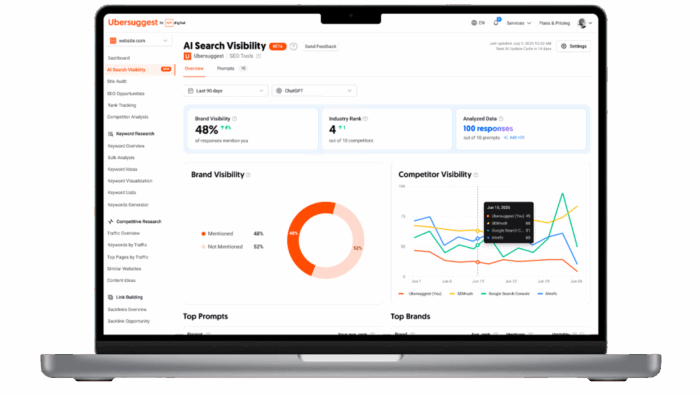Too Hateful to Be Buddhist? A Q&A with Kristina Wong
Comedian and activist Kristina Wong talks to Noel Alumit about making life-saving masks from monastic robes, being a food bank influencer, and (maybe) confusing Buddhism with fortune cookies. The post Too Hateful to Be Buddhist? A Q&A with Kristina...
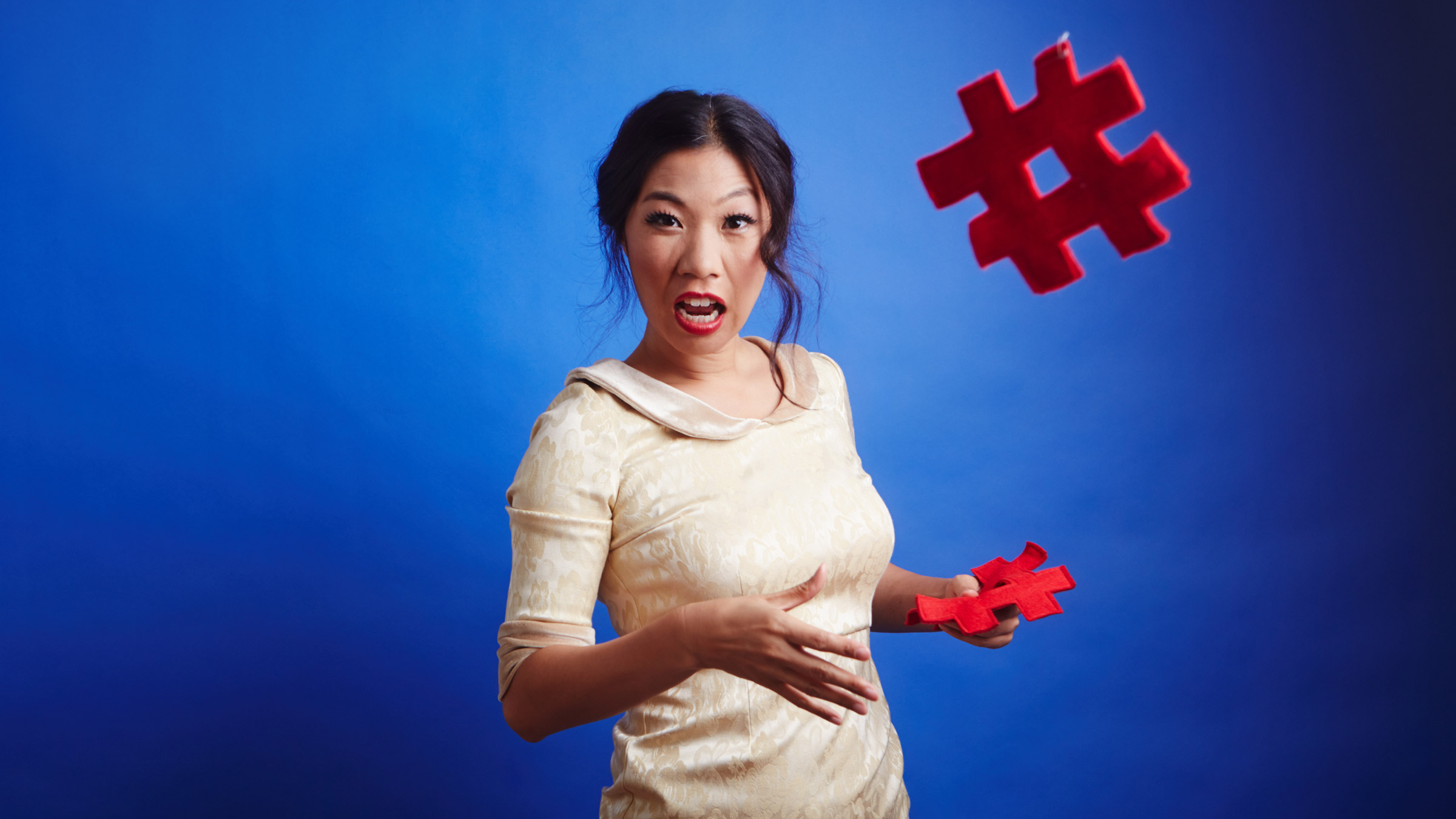
Noel Alumit: How would you describe your Buddhism growing up?
Kristina Wong: Zen Buddhism meets Hoarders.
Hoarders? The TV show where people have junk they can’t seem to get rid of?
We’re like that. At least in my grandmother’s house, there was so much stuff.
This is my great grandfather. [She points to a picture of an old man.] My great grandfather started one of the first temples in Chinatown, San Francisco. It has since moved and is now in a storefront where my grandmother’s house was.
So, you grew up Buddhist?
I went to Christian kindergarten and Catholic High School, not because that was who I was, but because that’s where you could get a decent education. Buddhism was practiced on my mother’s side of the family. I was raised more by my father’s parents. They weren’t Buddhist, but they had Chinese figurines all over the house like the Eight Immortals and that fat buddha, which actually is not the Buddha.
I had thought that Buddha was a Chinese guy. In my senior year of high school, we had to read Herman Hesse’s Siddhartha. They also made us watch Little Buddha with Keanu Reeves. It was completely confusing! I was like, Wait, he’s Indian? I thought he was a fat Chinese guy.
What’s your relationship to Buddhism now?
I attempted to go to this temple in Koreatown in Los Angeles. I had to wear all black—they had all these rules. I sat for a lecture. I never went back. I’ve not been good about committing to a religious practice.
That was something I wanted to do. I was in a Buddhist student club at UCLA. We would go visit Hsi Lai temple and go to lectures. I mean, I enjoyed the people I met, but I just feel like I’m too much of a scatterbrain to really be Buddhist. I feel too hateful sometimes to be Buddhist.
At the same time, you do a lot of compassionate work that exemplifies being a Buddhist. Can you talk about your work with API Reentry & Inclusion Through Support & Empowerment, or API RISE? This organization works with formerly incarcerated Asian Americans and Pacific Islanders. How did you get involved?
I was thinking API RISE was some kind of all-purpose empowerment group. When I showed up there, I was like, why are all the guys muscular with very specific facial hair and tattoos? I thought, oh this is the formerly incarcerated group!
It’s funny, because most of them are around my age. They were locked up as teenagers or in their twenties. They had twenty-year sentences, and a lot are Chinese or Vietnamese. It’s really interesting to consider forgiveness in a setting like that.
Yes, sometimes a bad decision can lead to a totally different life.
I was struck recently by how my white friend, who is divorced, talks so openly with his ex-wife about emotions. They confer about how their son was just rejected by a girl. I was like, wow, I never could talk this way to my family. I just hid it all. As a result, I became a complete psychopath on the inside and had to channel it through performance art.
So, it’s incredible to witness this other aspect of Asian American life where people have made terrible mistakes. Some of them were under the same kind of stress to be successful that I was growing up. I think of one of my friends in the group, who was an honor roll student and got caught up in a murder case.
What have you learned from API RISE?
It has made me realize how much I have to reframe how I think about police and punishment. You know, back in the day, even as a young activist, I’d call the police. Now I think it’s such an expensive and reactive system that causes more harm and doesn’t build communities. I don’t consider myself a prison abolitionist. In my journey getting to know the folks from API RISE, it has me really reconsidering how to build a community that has different considerations toward the current system of justice and punishment. It wastes a lot of life by putting a lot of young lives behind bars.
Your one-woman show Kristina Wong, Sweatshop Overlord was about how you started the Auntie’s Sewing Squad, a mutual aid network that made 350 thousand masks during the height of the pandemic. You’ve talked about how Buddhist monks donated cloth for the masks. How did that come about?
These monks had a bunch of leftover robes from ceremonies. Monks cannot be paid in cash when they do funerals or whatever ceremonies, so you buy them robes. Then there’s this overflow of robes, like trash bags of robes. Two are floating around the backseat of my car right now.
It’s actually perfect fabric for mask sewing, with the exception that the dye can leak. It’s not like
cutting up a cotton poly dress, which may be very tailored. A monk’s robe is yards and yards of fabric. To me, it was really profound to have masks that were given this generously.
It must have been interesting making life-saving mask from these robes.
What I did not like was when people would get super excited and ask for masks to be custom made for them, as if the monk robes were magic or had some special blessing. I was like, we don’t do custom order stuff. It was just kind of grossing me out that people were fetishizing the robes.
Is there a Buddhist saying or philosophy that motivates you?
I don’t know if I’m making up Buddhism or if I’m requoting a fortune cookie. But I think to bow is an act of humility, a way to be humble. That’s really hard when you do solo shows, and you’re forcing everyone to look at you. This call to humility I think about often.
I’m going to ask you not to be humble and brag about your upcoming projects.
My new show is called Kristina Wong, Food Bank Influencer. World Harvest Food Bank is just south of me in Koreatown. I became really interested in how much founder Glen Curado approaches rethinking the food banks as an act of dignity. And so, you go, you could volunteer and make a donation, and leave with this heaping cart of groceries.
Food banks are actually a big Band-Aid for larger systemic issues that keep funneling people toward poverty. Food banks were supposed to be an emergency system. Too many people have to permanently rely on them. These are the kind of questions I’m asking in that piece, but tongue-in-cheek. I’m playing with this moniker of food bank influencer, because I’ve been actually making influencer videos for the food bank.
You’re doing wonderful work in the world. Thank you.
I’ve never really been asked to talk about my Buddhism, though I’ve checked it off a few times on a Tinder profile. I matched with this psychopath. There was something that didn’t feel right about our text exchanges. He started to flood me with questions like, “What kind of Buddhist are you?” I’m definitely not like other Buddhists who are forgiving, all Zen, all quiet. I come across as bitter. We’re just bitter, crazy people.

Performance artist Kristina Wong is a Doris Duke Artist Award winner, which comes with an unrestricted prize of over half a million dollars. She’s also Guggenheim Fellow and her play, Kristina Wong, Sweatshop Overlord, was a finalist for the Pulitzer Prize in Drama. She starred in her own pilot presentation with Lionsgate for truTV, and her commentaries have appeared on American Public Media’s Marketplace, PBS, VICE, Jezebel, Playgirl magazine, Huffington Post, and CNN.
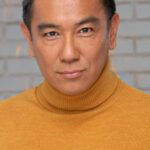
Noel Alumit is an Associate Editor at Lion’s Roar. He has a Master of Divinity in Buddhist Chaplaincy from the University of the West, where he is also an Adjunct Professor. He facilitates meditation workshops for LA Artcore and Meditation Coalition. Noel is also an actor and bestselling author. His film and TV credits include Beverly Hills, 90210, The Young and the Restless, and Red Surf.

 Troov
Troov 







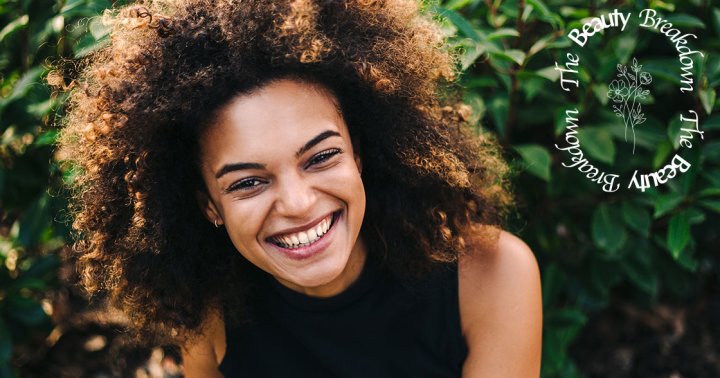
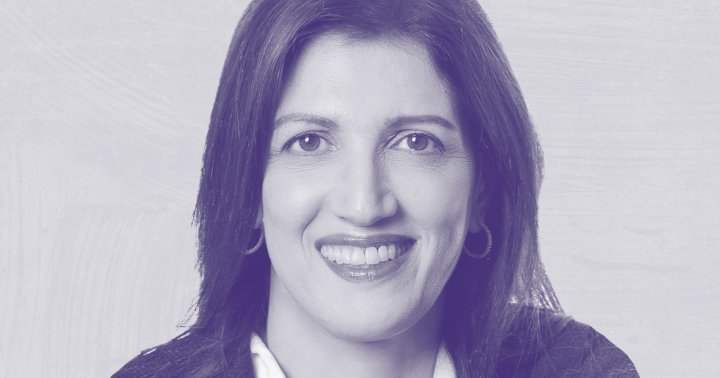
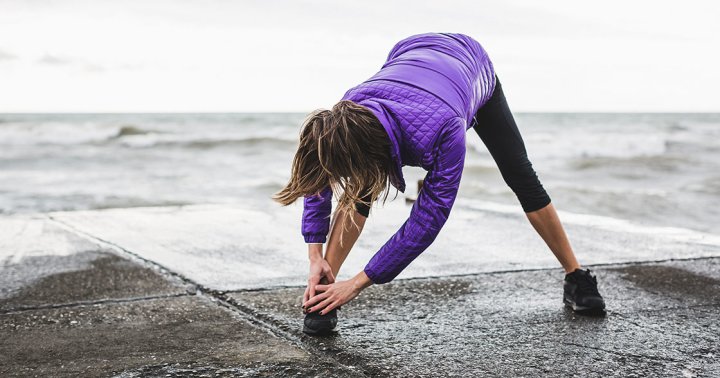
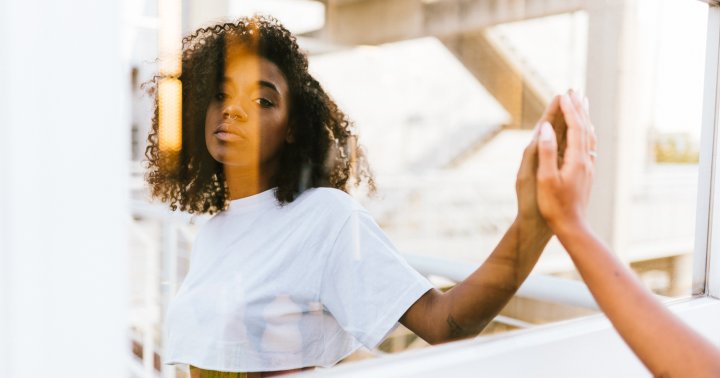

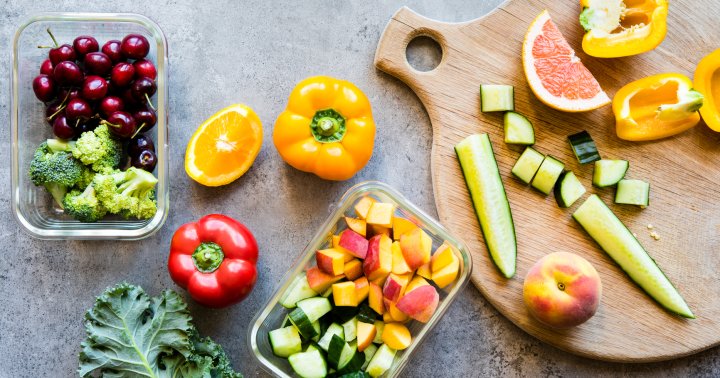






.jpg&h=630&w=1200&q=100&v=6e07dc5773&c=1)









